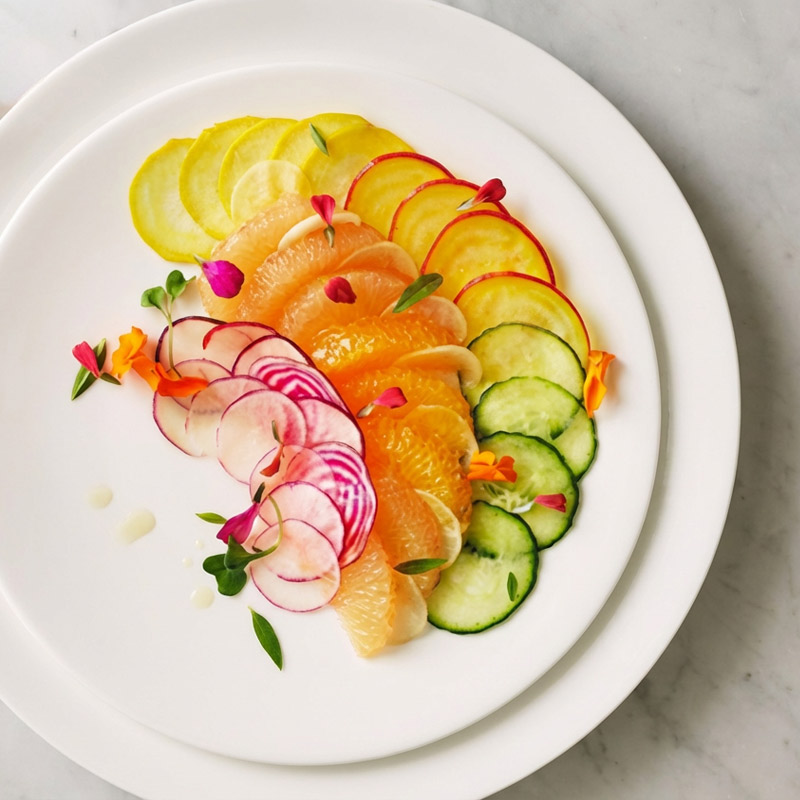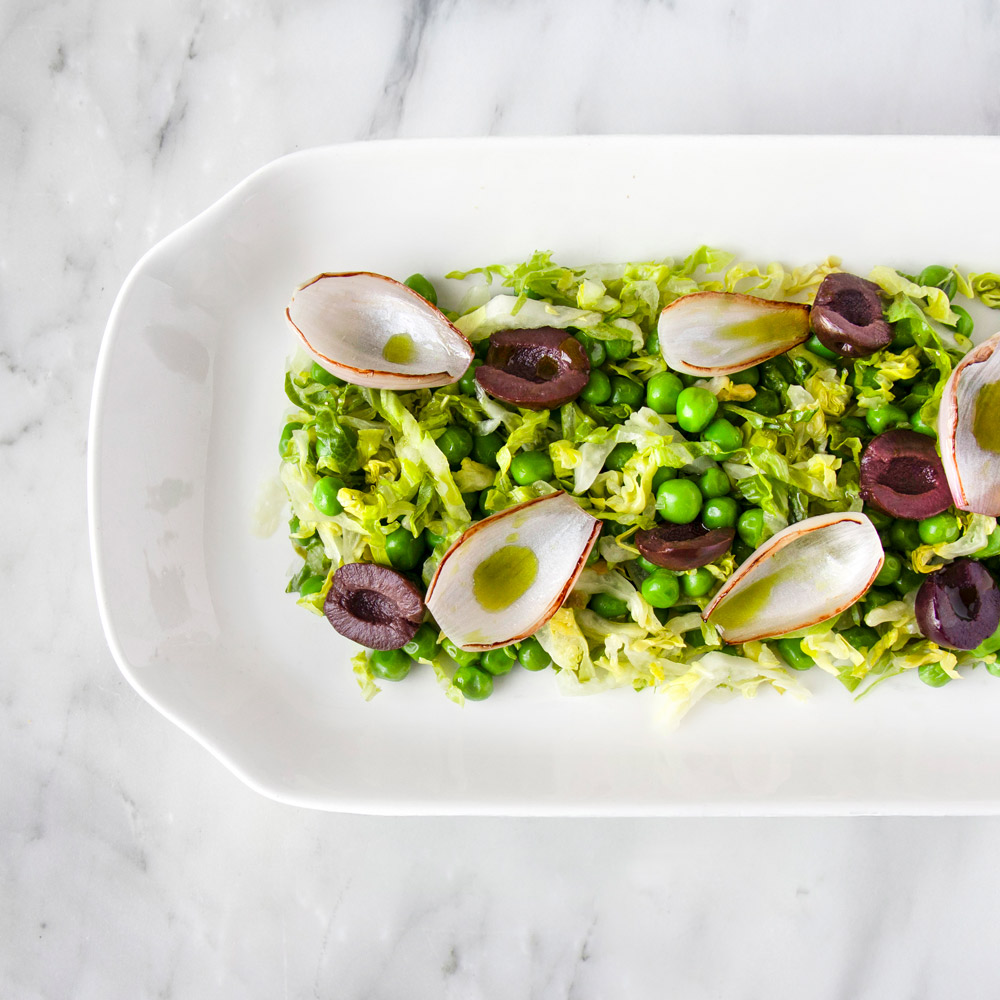Cooking school offers an opportunity for culinary students to develop and strengthen many culinary skills. One of the golden rules taught in local cooking schools near you and on the other side of the world is to taste everything before serving it. When you prepare food, you bring the ingredients to life. Mastering these culinary skill foundations is essential for any budding chef in any kitchen.
Knife Skills
One of the top culinary skills learned at cooking school is efficient and safe knife skills. The four basic knife skills any person studying culinary arts will learn are dicing, mincing, julienne, and chiffonade. Mastering this basic skill in a cooking institute will give you speed and uniformity in food preparation.
Palate Training
Students in culinary programs learn how to detect and balance flavours. Exposure to ingredients you may have never worked with before will help develop new flavour sensations. Developing your palate will help you to confidently create dishes, critique dishes, and season to perfection.
Perfect Stocks
Stocks are used in soups, sauces, stews, and form the basis for many dishes. Used internationally, students in cooking school will learn the differences between stock, broth, bouillon, white and brown stock. Learning this essential skill in the kitchen will hold value throughout a culinary career. Did you know that you shouldn’t stir a broth or cover it with a lid?
Mastering Sauces
Like stocks, sauces will be used often in a chef’s culinary career. Sauces can make plain food memorable and add an elegant or distinct flavour.
Reputable cooking schools will teach students about the five “mother sauces”: Béchamel, Velouté, Sauce Tomat, Sauce Espagnole, and Hollandaise. These sauces form the base of classic French Cuisine. At PICAchef Vancouver, students also learn about other sauces as an accompaniment to enrich food.
Plating and Presentation Techniques
It is true that people eat first with their eyes which is why it is important to present food prepared in an appealing way. From choosing the plate to garnishing and finishing a plate, there are many decisions chefs make before a dish leaves the professional kitchen.
Molecular Gastronomy
The science behind how food changes when it is cooked on a physical and chemical level is best taught by experienced chefs. This food science is a modern form of cooking using various techniques. Students will explore creative ways to excite the senses of sight, taste, and smell with textures and flavours using the latest trends and technologies.
Food Trends
While many techniques learned at cooking school are based on traditions from cuisines around the world, the food scene is ever-evolving and changing. Chef students at top culinary schools will learn the latest food trends to stay current.
Creativity and Confidence in the Kitchen
There are some basic skills that can carry over into any aspect of a chef’s life learned at cooking school. Organization, discipline, time-management, and creativity. Mastering these life skills will provide you with confidence in and out of the kitchen.
Learn Culinary Skills With Us
Another basic skill chefs learn is that preparation is key to everything. Learning to cook well involves layering skills, intuition, and creativity. If you’re ready to learn at a top Vancouver cooking school, contact our team to learn about admission requirements.

_sq.jpg)

